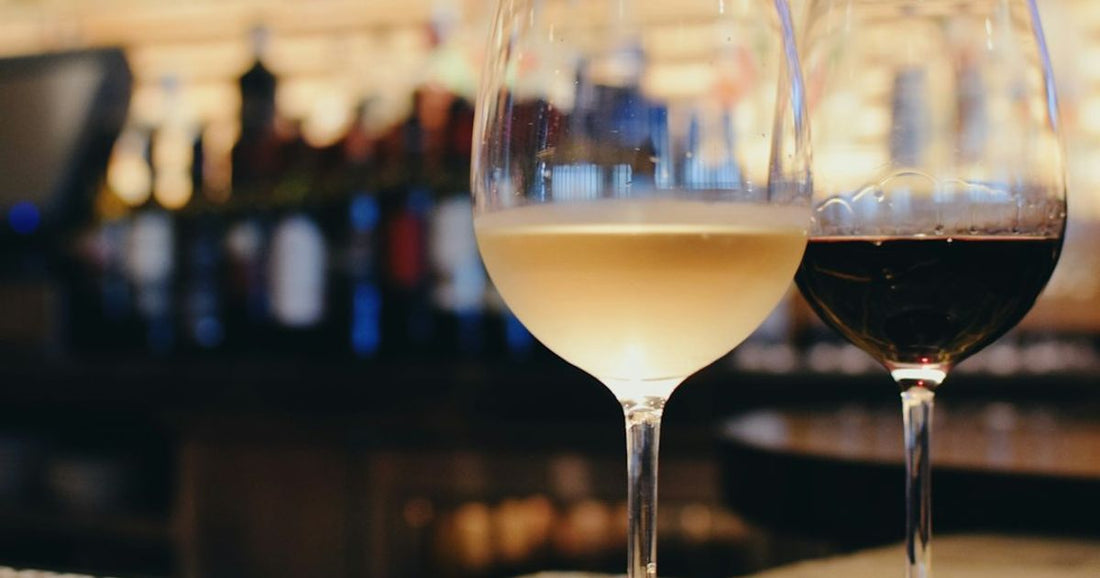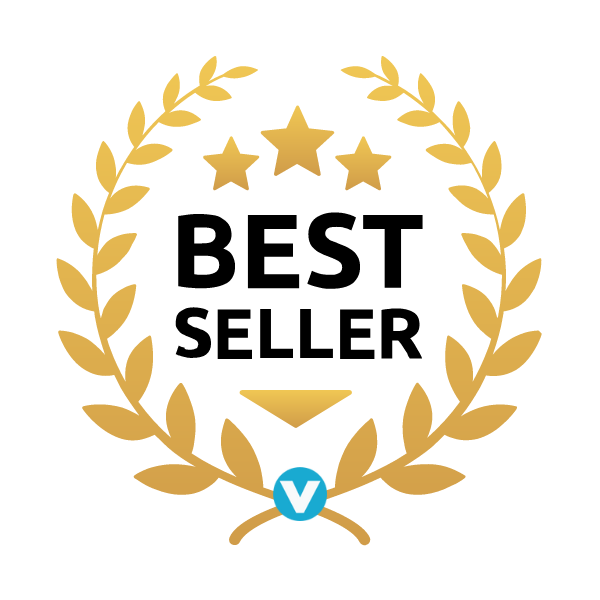
The Importance of Wine Tasting Events
Share
In the world of wine, where the competition is as rich and varied as the flavors of the vintages themselves, standing out is crucial. Wine tasting events have emerged as a powerful tool in the arsenal of wine brands aiming to elevate their presence and boost sales. These events offer an immersive experience that can engage consumers on a personal level, allowing them to connect with your brand in a meaningful way. This article delves into the importance of wine tasting events and outlines strategies for impactful marketing in the wine industry, ensuring your brand not only participates in the conversation but leads it.
Elevating Brand Presence through Wine Tasting Events
Wine tasting events serve as a platform for brands to showcase their products in an environment that encourages interaction and engagement. By hosting or participating in these events, brands can significantly enhance their visibility in the market.
Creating an Immersive Brand Experience
Wine tasting events provide an opportunity for brands to create a memorable, immersive experience for attendees. This is the moment to tell your brand's story, share your passion, and let the quality of your wine speak for itself. An effectively organized event can leave a lasting impression, turning attendees into brand advocates who share their experience with friends and family, further amplifying your brand's presence.
Leveraging Social Media and Digital Marketing
In today's digital age, the impact of a wine tasting event can be significantly amplified through social media and digital marketing strategies. Sharing captivating content from the event, such as photos, videos, and testimonials, can extend the reach of your brand to a global audience. Engaging with attendees online before, during, and after the event fosters a sense of community and keeps your brand at the forefront of their minds.
Boosting Sales with Targeted Tasting Events
Wine tasting events are not just about brand visibility; they are also a direct avenue to increase sales. By carefully planning and executing these events, brands can capitalize on the opportunity to convert attendees into customers.
Exclusive Offers and Limited Editions
Offering exclusive deals or access to limited edition wines during tasting events can create a sense of urgency and exclusivity, encouraging attendees to make purchases on the spot. This strategy not only boosts event sales but can also lead to repeat business as customers seek out these unique offerings in the future.
Building Relationships with Distributors and Retailers
Wine tasting events also provide a valuable opportunity to connect with distributors and retailers. By inviting these key industry players to your events, you can forge stronger relationships, leading to better placement and promotion of your products in stores and online platforms. This can significantly impact your brand's sales and market penetration.
Strategies for Impactful Marketing in the Wine Industry
To maximize the effectiveness of wine tasting events, it's essential to employ strategic marketing techniques that resonate with your target audience and align with your brand's values.
Understanding Your Audience
Before planning your event, it's crucial to have a deep understanding of your target audience. What are their preferences, behaviors, and demographics? Tailoring your event to meet the specific interests and needs of your audience will ensure a more engaging and successful experience.
Collaborating with Influencers and Industry Experts
Partnering with influencers and industry experts can lend credibility and allure to your wine tasting events. These collaborations can help draw in a larger audience and generate buzz around your event and brand. Additionally, insights from these experts can enhance the educational aspect of your event, adding value for attendees.
The Role of Education in Wine Tasting Events
Educational components can significantly enhance the value of wine tasting events, providing attendees with a richer understanding of your products and the wine industry as a whole.
Incorporating Wine Education
Integrating educational sessions on wine production, tasting techniques, and food pairings can elevate the experience for attendees, making your event more memorable and impactful. For more on this, consider reading our article on Developing a Systematic Approach to Wine Tasting.
Leveraging the Expertise of Sommeliers
Sommeliers play a crucial role in wine service and education. Their expertise can add significant value to your wine tasting events, guiding attendees through the tasting process and sharing insights that deepen their appreciation for your wines. Our article on The Role of Sommelier Education in Wine Service explores this topic further.
Maximizing Impact with Creative Event Themes
To stand out in a crowded market, consider adopting creative themes for your wine tasting events. Themes can add a unique twist, making your event more memorable and engaging.
Seasonal and Cultural Themes
Aligning your event with a seasonal celebration or cultural theme can attract a wider audience and create a more festive atmosphere. Whether it's a harvest celebration, a holiday-themed event, or a cultural homage, themed events can provide a fresh and exciting context for showcasing your wines.
Innovative Pairing Experiences
Beyond traditional wine and food pairings, consider offering innovative pairing experiences that challenge and delight the senses. Pairing wines with different types of music, art, or even virtual reality experiences can provide a unique and memorable backdrop for your event. For insights on pairing food and wine, take a look at our article on Pairing Food and Wine Tasting Experiences.
Conclusion
Wine tasting events are a powerful tool for wine brands looking to elevate their presence and boost sales. By creating immersive brand experiences, leveraging digital marketing, and employing strategic marketing techniques, brands can effectively engage their target audience and stand out in the competitive wine industry. Incorporating educational components and creative themes can further enhance the impact of these events, making them not just a marketing opportunity but a memorable experience that resonates with attendees long after the last glass is poured.



